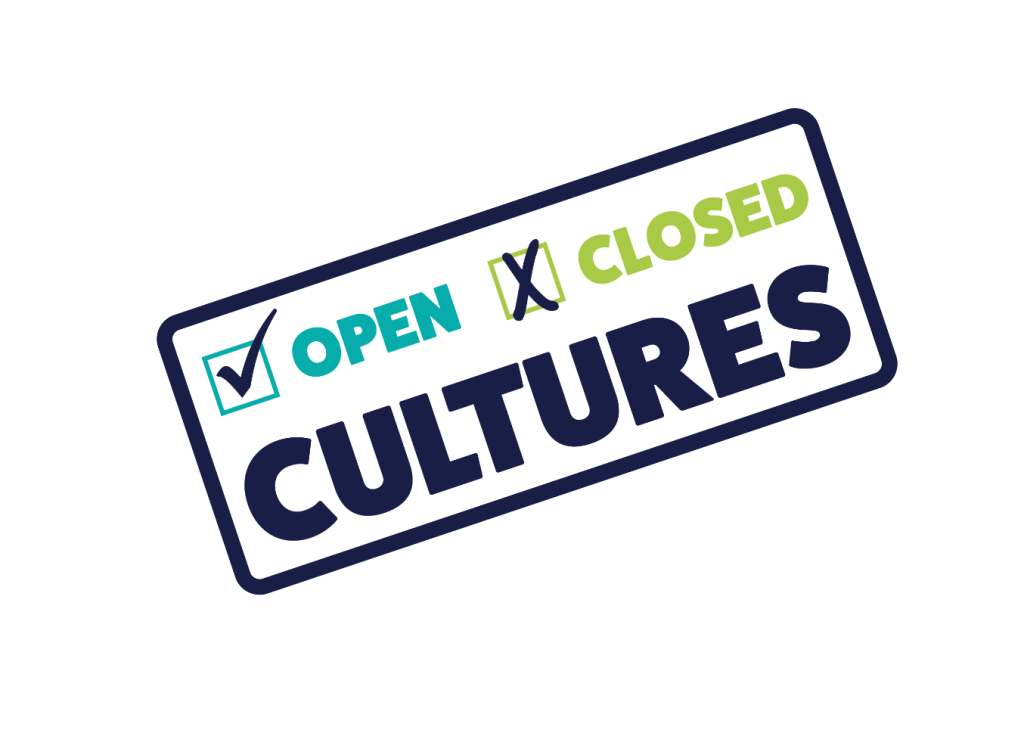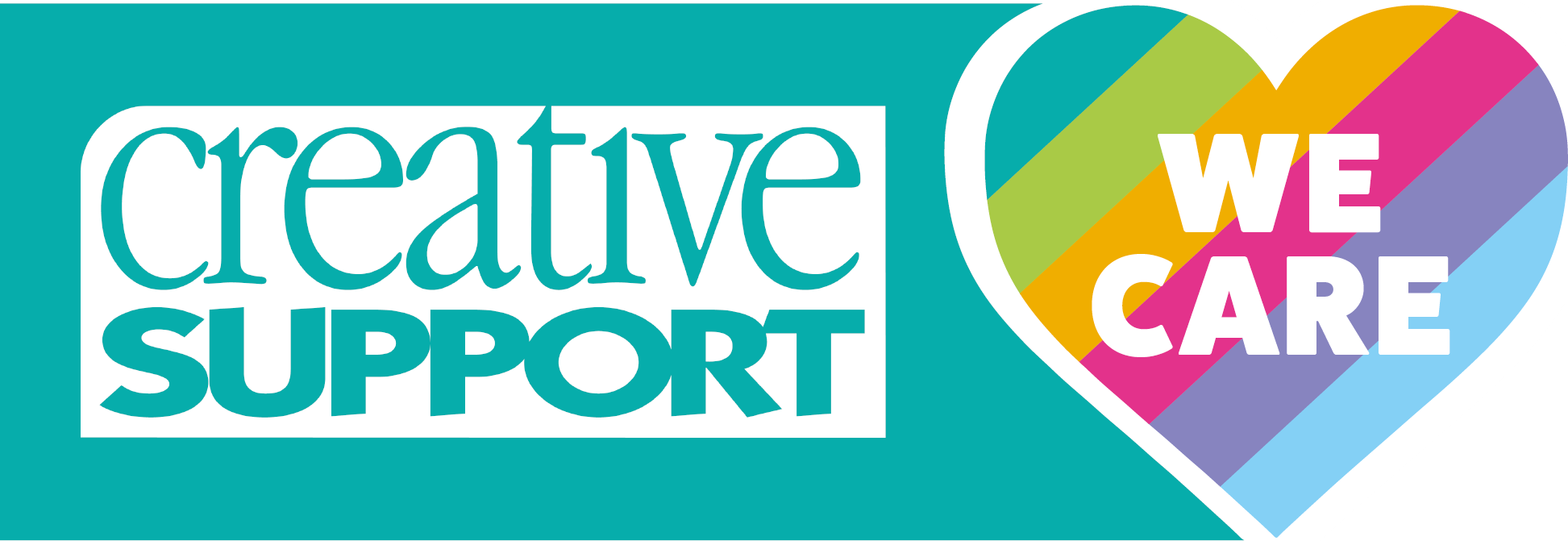Working Towards a ‘No Blame’ Culture in Care

Article written by the Customer Care Team
One of the key ways we work here at Creative Support is ensuring everyone knows and acts on their duty of care. Our staff should feel empowered to act upon their duty of care in a ‘no blame’ culture without fear of reprisal.
However, if this is not the case, then please let us know immediately. You can do this by contacting our Customer Care team or Quality Team to discuss anything that may be concerning you. We also have a Duty Manager at Head office 24/7 which can be reached through the Head Office number, 0161 236 0829.

How does ‘No Blame’ culture work at a local level?
We value the diversity of our national teams. Each support staff member brings a different personality and approach at their service and we actively welcome this. We should all be using the best of our skills to empower and support the vulnerable adults in our care at all times. However, occasionally there are times when a staff member is working in a way that falls short of good practice. This could come up as an issue with boundaries; the member of staff could be too keen on rules and not enough on choice; or they might not respect the dignity or wishes of the people they support. Thankfully these cases are rare, but it is still unacceptable and an alert should be raised for the Customer Care team to deal with.
As professionals, we know we should challenge any example of poor practice because it doesn’t feel right or sit with our training. However, it becomes harder when the person themselves normalises their actions or doesn’t respond to verbal questioning or prompts for better practice. The person may also deflect from their own actions, and push the blame onto others. It is human nature to apportion blame onto others, and this is the case to such an extent that humans often seek to completely dismiss the blame and responsibility attributed to themselves. How often have you heard the phrases ‘that’s just how I am’, or ‘I just can’t help myself’?
A ‘No Blame’ culture in social care means that you:
- Should feel confident relying on your training, knowledge and values to know when something is wrong
- Should feel confident to raise issues of poor practice without fear, i.e. not feeling blamed or belittled at work because you are highlighting someone else’s poor practice.
- Should feel confident in your abilities but unafraid of confronting your own mistakes in the spirit of transparency. If you are ever afraid of making a mistake, this is wrong and is a sign of working in a ‘Closed Culture’.
There was a case recently where a service introduced a zero tolerance policy to medication errors to encourage people to be more cautious. Unfortunately, this actually resulted in more medication errors because the staff team were so scared of creating errors that their stress levels increased which led to mistakes. This zero tolerance policy could have also lead to staff feeling like they needed to ‘cover up’ errors for fear of reprisal.

Benefits of a ‘No Blame’ culture
A recent BBC article explained how CEO Jeff Lawson of Twilio (the basis of many GPS-based delivery apps) believed that adopting a ‘No Blame’ culture was integral to the success of his business.
‘No Blame’ culture was originally adopted into the health and social care sector based on a report by the US Health Service called ‘To Err is Human: Building a Safer Health System’. The report found that between 44,000 and 98,000 people died per year due to preventable medical errors, and that most of them were systematic. This means that they couldn’t be attributed to specific members of staff. This shows that staff need to feel confident to raise issues of poor practice, and that blaming individual staff for mistakes can often miss the core issue and not address the problem.
In contrast, one of CQC’s ‘hallmarks of a Closed Culture’ raises the issue of managers not addressing issues arising from one individual member of staff. Sometimes, it may genuinely be a time-wasting exercise to look for systematic failures when the fault resides solely with a small number of staff, or even more often, one member of the team. If you are worried about a member of staff, please raise this with your line manager if you can, and if not, you can always speak to our HR team too.
In this light then, how do we balance the idea of a ‘No Blame’ culture in care while avoiding blame shifting? Simply put, ‘No Blame’ culture works best in teams which already have a strong undercurrent of transparency and personal responsibility. Staff should discuss failings openly and work together to put things right. As a team, let’s make this happen!
This can be done through:
- Regular team meetings
- Clear shift co-ordination accountable for the shift
- Listening to our service users’ smaller concerns and acting on them early
- Giving feedback to staff and actively listening

How to let us know about an issue
As we said earlier, we hope all of our staff feel empowered to act upon their duty of care in a ‘No Blame’ culture without fear of reprisal. However, if this is not the case, then please let us know immediately.
How to let us know – You can contact our Customer Care team or Quality Team to discuss anything that may be concerning you. We also have a Duty Manager at Head office 24/7.
We will be holding a discussion with staff on this issue next week. For more information on this, head to the staff area of the website.
Creative Support launched our Open Cultures campaign in October 2021. We are here to support you to address poor culture in your services and work towards a ‘No Blame’ approach. Even if the issue is historical, you never know if it could arise again. Please refer to our Open Cultures flowchart on the link here for further information on how you can address poor culture at your service.
(Lead in the Campaign:- Daniel Powell, Customer Experience Lead [Promoting Open Cultures] & Chris Dunne, Quality Manager [Preventing Closed Cultures], Nov 2021.)
